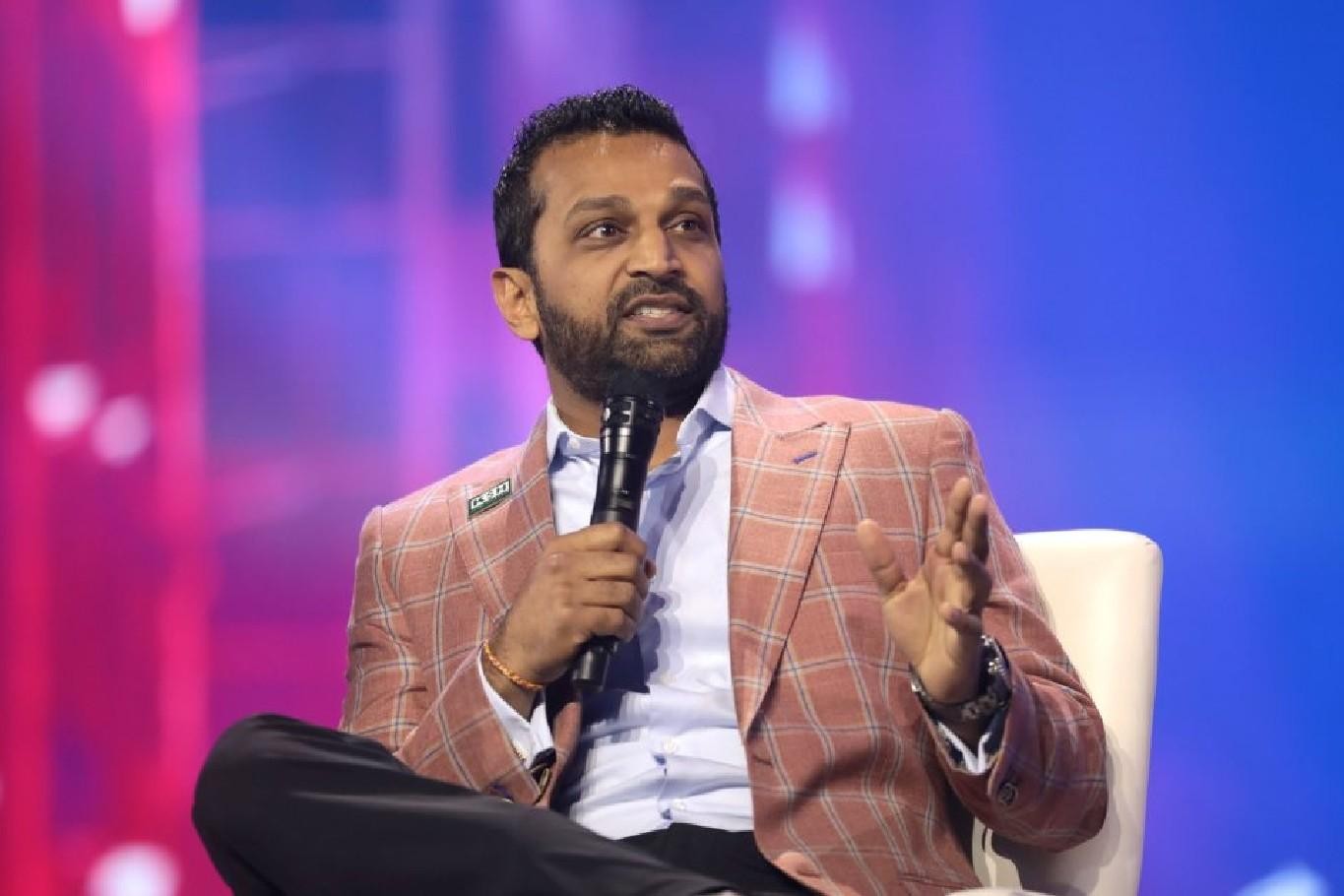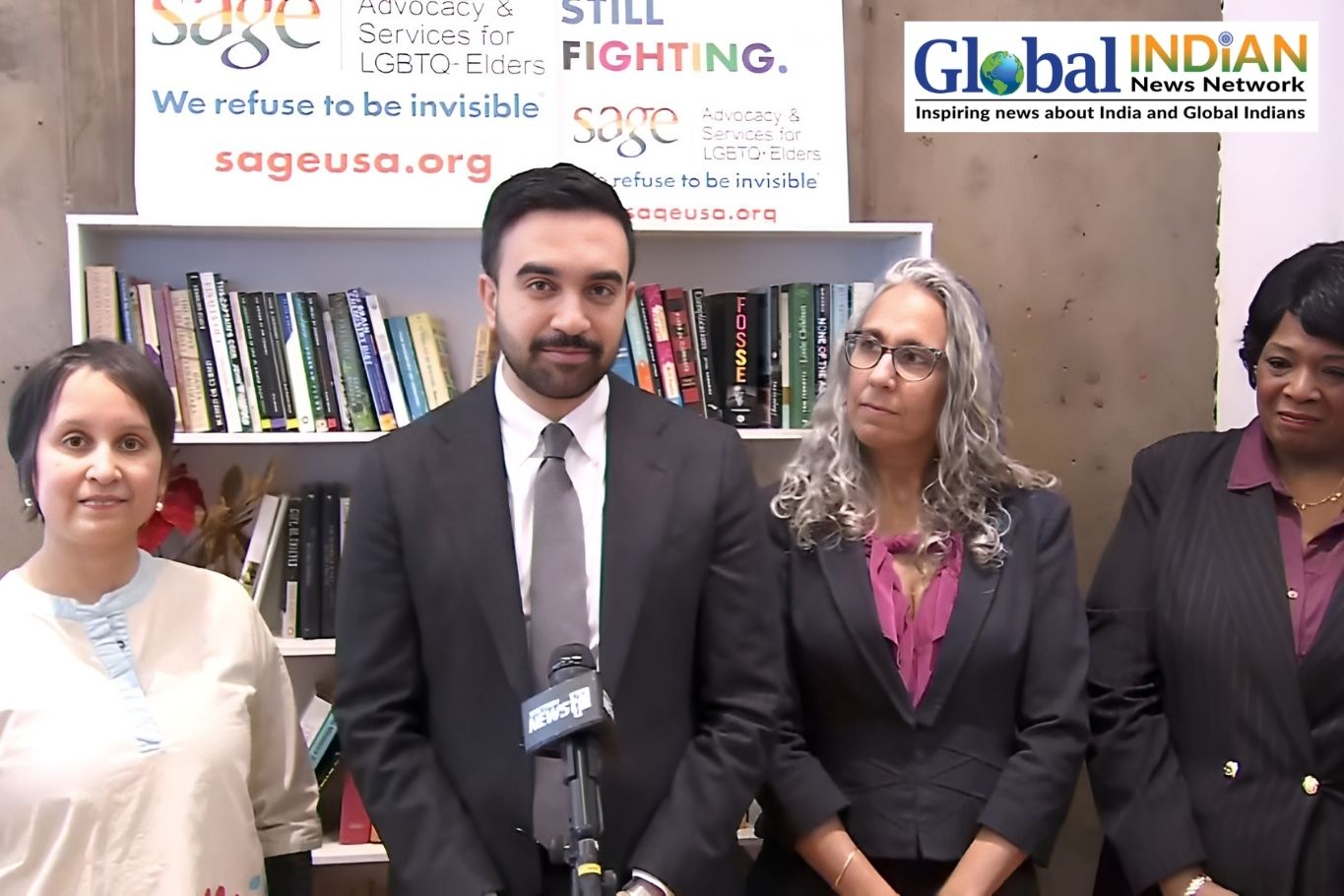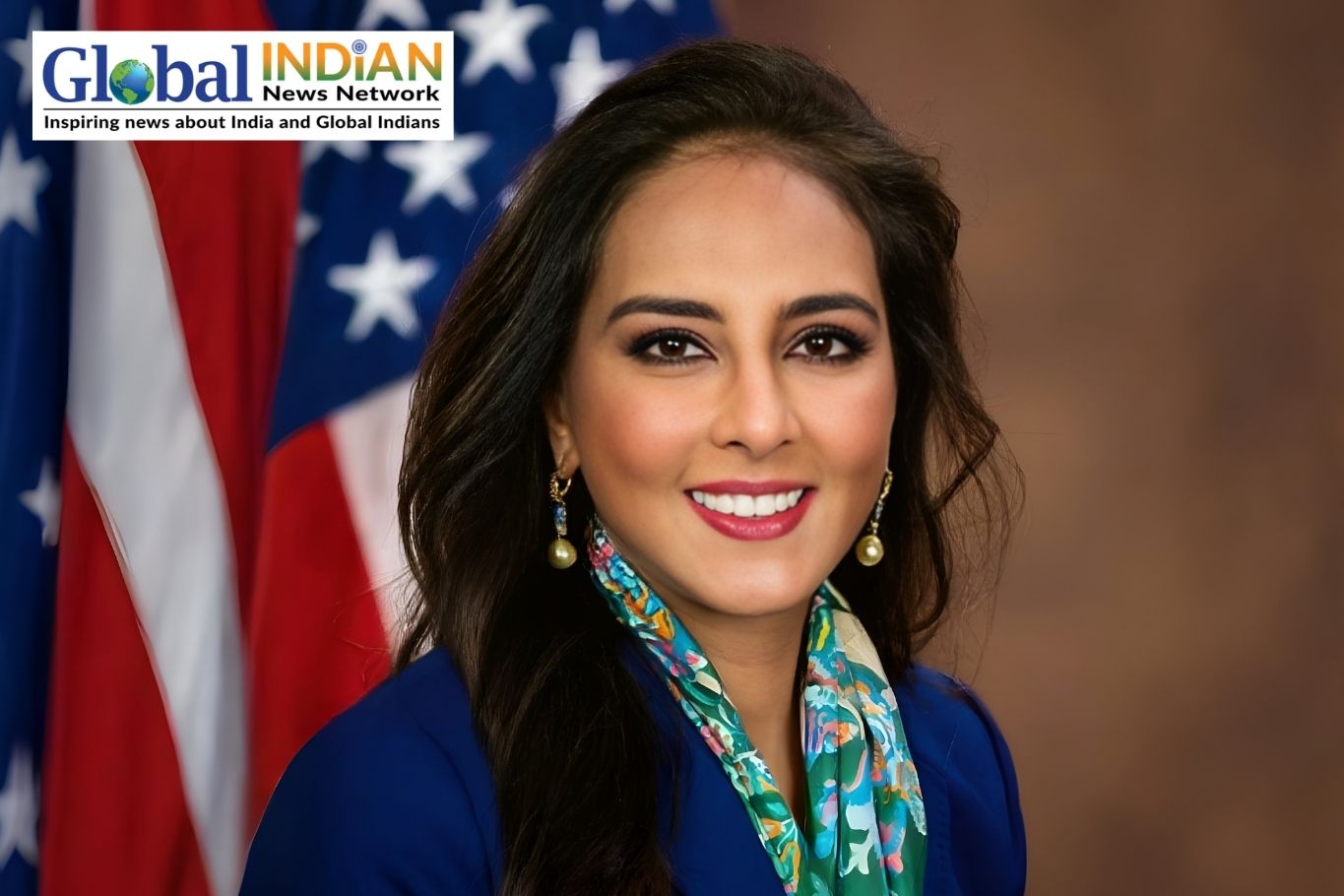
In a sudden leadership change, FBI Director Kash Patel has been relieved of his additional duties as the acting chief of the Bureau of Alcohol, Tobacco, Firearms and Explosives (ATF), without prior public notice. According to a Reuters report, he has been replaced by U.S. Army Secretary Daniel Driscoll—a change not initially made public by the Department of Justice.
Patel, controversially managing dual roles as FBI director and interim ATF chief, had taken over the ATF on February 24, just days after his FBI appointment. However, his tenure at the ATF appears to have ended before March, despite his name still being featured on the agency’s website and an April 7 press release.
A Justice Department spokesperson confirmed the switch, explaining that Patel’s brief appointment was a routine arrangement pending Senate confirmations. “Director Patel is now fully focused on his FBI duties and delivering excellent results,” said White House spokesman Harrison Fields.
The sudden selection of Driscoll—a serving military secretary with no prior ATF experience—raised eyebrows. In an unusual move, he will now juggle his Pentagon responsibilities, including managing a $187 billion Army budget and overseeing over 450,000 troops, while leading a domestic law enforcement agency.
Driscoll, aged 38, once advised Vice President JD Vance and had a short-lived political career, running in a North Carolina primary in 2020. His dual role blurs the traditional boundary between military authority and civilian law enforcement, prompting legal and administrative concerns.
Within the ATF, Patel’s appointment had already unsettled many career staffers. When he first arrived, he emphasized tackling gang violence but reportedly maintained a low profile, rarely interacting with personnel, Reuters reported.
Former ATF official Peter Forcelli criticized the frequent leadership upheaval, calling it “disrespectful” and disheartening for the agency.
This transition comes at a time when the Justice Department is considering merging the ATF with the Drug Enforcement Administration (DEA) as a cost-saving and restructuring initiative. Such a merger could have sweeping implications for how the U.S. handles gun and drug enforcement.
Meanwhile, Attorney General Pam Bondi has launched a new task force aimed at enforcing Second Amendment rights, with both the ATF and the DOJ’s Civil Rights Division involved.
President Trump and Bondi are also scaling back gun control regulations introduced under the previous administration. The ATF recently repealed its “zero tolerance” policy on gun dealer violations—a decision championed by Patel during his short ATF tenure.
Gun rights advocates welcomed the leadership change, with the National Shooting Sports Foundation commending Driscoll’s appointment as a sign of meaningful reform and renewed support for gun owners.









